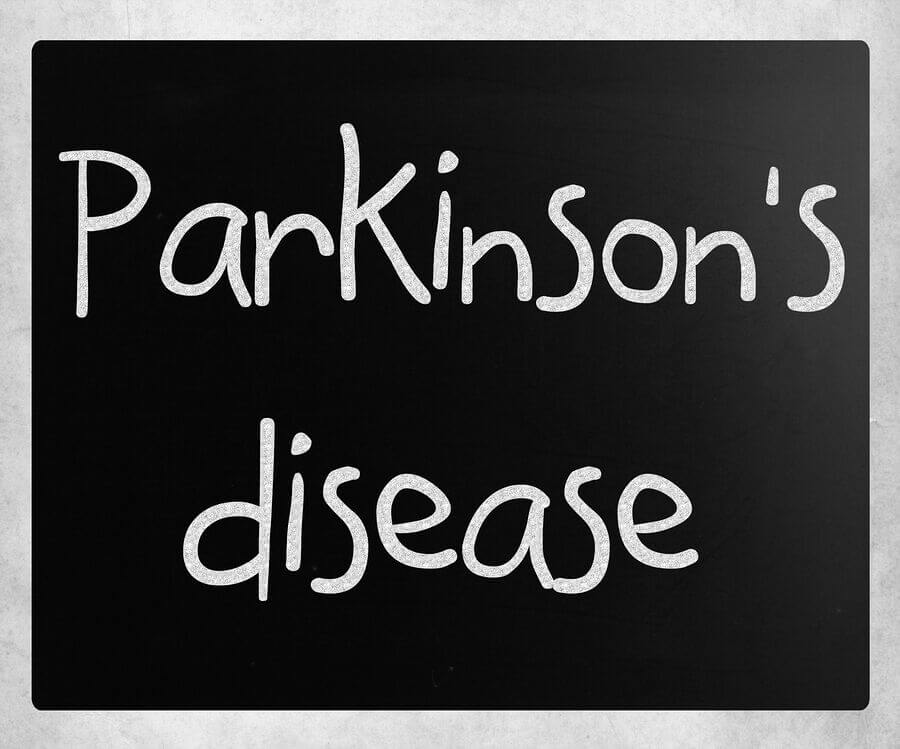How Parkinson’s Disease Affects Eating
Parkinson’s disease causes many challenges with daily activities, including eating. Some symptoms of Parkinson’s disease make it hard for older adults to meet their nutritional needs. In addition, dietary needs can change as the disease progresses. The first step in overcoming eating challenges associated with Parkinson’s disease is to understand how the condition can affect the way seniors eat.

Caregiver in Bay Minette AL: Parkinson’s Disease Eating Tips
Trouble Making and Eating Food
Slowed movements can make preparing food take a long time. It can also be tiring. Therefore, seniors with Parkinson’s may not want to cook meals for themselves. Tremors can make it hard to deliver food to the mouth because shaking can make it fall off the fork or spoon. Not only does this make eating more difficult, but it also makes it frustrating. Some seniors may just find it too much trouble and not eat to avoid frustration.
Swallowing Problems
Parkinson’s disease can cause the older adult to have a hard time controlling the muscles involved in chewing and swallowing food. This can increase the chances of the older adult developing aspiration pneumonia, caused by food going down the wrong tube and getting into the lungs. For some, learning different ways to swallow can help. Others will need to change the foods they eat, such as switching to softer foods.
Medication Side Effects
Several of the medications used in the treatment of Parkinson’s disease have side effects that affect eating. They can cause nausea, vomiting, dry mouth, and loss of appetite. Also, some foods interfere with the absorption of medications, making them less effective. Taking medicines half an hour before eating can help with this problem. In addition, since protein is often the culprit, making sure the older adult isn’t eating more protein than necessary, may also be beneficial.
Dehydration
Certain Parkinson’s medications come with an increased risk of dehydration. In addition, the bladder problems that sometimes occur with the disease can make older adults limit the number of liquids they drink. However, not getting enough fluids can cause balance problems, confusion, and weakness.
Elderly care can help your older family member with Parkinson’s disease to get the nutrition they need. An elderly care provider can help the older adult to eat by holding their hand to steady it while they move food from the plate to their mouth, or they can feed the senior, if necessary. Elderly care providers can also prepare foods that are softer, so they are easier to chew and swallow. In addition, elderly care can make sure the older adult drinks enough liquids throughout the day.
If you or someone you know needs a Caregiver in Bay Minette, AL, please contact the friendly caregivers at Hughes Home Care. We provide quality and affordable care for your elderly loved ones in our community. Call Us Today 251-517-9901. Serving Mobile & Baldwin County.
Sources
Parkinson.org
Webmd.com
Parkinsonsdisease.net
- Is it Possible for Seniors to Eat 30 Plants a Week? - March 25, 2025
- Healthy Aging: Why Remaining Active Matters - March 7, 2025
- Five Tips to Keep Kidneys Healthy - February 19, 2025
